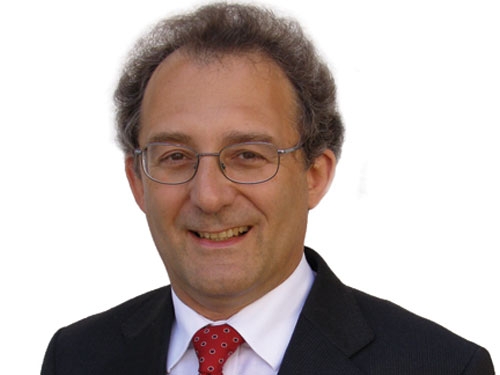Instead, HR7 would provide a one-off payment of $US 40bn for transit up to 2016 and nothing beyond that. To make matters worse, this amount is $US 12bn short of the $US 52bn authorised for projects within the Mass Transit Account.
While federal funding currently only accounts for 19% of public transport income, the American Public Transportation Association (Apta) says it is crucial for attracting state and local funding. To put this in perspective, Apta says 15% of federal motor fuel taxes have historically supported 80% of the federal transit programme.
Slashing federal government funding comes hot on the heels of huge reductions in local financial support for transit in the wake of the 2008 financial crash resulting in numerous service cuts.
Giving taxpayers' money to publicly-owned organisations like transit authorities and Amtrak is anathema to the Tea Party "mad hatters" in the Republican party who favour spending the money on the road network as they believe it will go to private contractors thereby creating jobs and stimulating the economy. But they fail to appreciate that the transit authorities and Amtrak spend billions of dollars with private railway equipment suppliers, who would suffer greatly if investment dried up. As Apta points out, public transport in the United States is a $US 54bn industry that employs more than 400,000 people and transported 10.2 billion people last year.
The timing of HR7 could not be worse as both Amtrak and transit operators have seen an upturn in traffic. "Despite severe financial challenges, public transit ridership rose for the first three reported quarters in a row in 2011 - the first time in three years," says Mr Michael Melaniphy, Apta president and CEO.
Apta is to be congratulated for leading the fight against HR7 by rallying transit operators and supporters across the country, and has strived to put the issue under the media spotlight. Mr Joseph Lhota, chairman and CEO of New York Metropolitan Transportation Authority, points out that New York City is a $US 1.3 trillion economy and up to 90% of people working in Manhattan depend on public transport for their daily commute. "There is no alternative for these people," says Lhota. "We cannot do without a stable source of funding. We get $US 1bn a year for rail investment from the Mass Transit Account. Without it, our system would be put in jeopardy."
Mr Joseph Casey, general manager of Southeastern Pennsylvania Transportation Authority (Septa) centred on Philadelphia, says if the HR7 bill is passed it would make it much more difficult for transit authorities to issue bonds to fund capital projects. "Last year we issued bonds on the back of the federal funding to purchase trains, but Moody's says it would downgrade our bonds from A1 to BB if the bill is passed, which would make it more difficult to buy cars." This would affect agencies across the country and make long-term planning a nightmare.
There is considerable opposition to HR7. Federal transportation secretary, Mr Ray LaHood, who is a Republican despite being part of President Obama's Democrat administration, denounces HR7 as the "worst transportation bill" he has encountered in 35 years of government service. An editorial on February 8 in The New York Times was particularly scathing describing the bill as "uniquely terrible."
Melaniphy says far from cutting public transport spending, there is an urgent need to increase it. He says there is a $US 78bn backlog in investment to bring systems up to a state of good repair, and a further $US 60bn needs to be spent to meet growing demand.
President Obama's 2013 fiscal-year budget includes $US 74bn for the US Department of Transportation and is based on a $US 476bn six-year surface transportation reauthorisation proposal. Whether Washington horse-trading will result in a compromise between these two extremes of federal spending, and common sense prevails in the House of Representatives remains to be seen, but in any case the United States is out-of-step with world trends which have seen increased spending on public transport and railways, often at the expense of road.
There is a general realisation around the world that building more roads only leads to more congestion and pollution in the long run. Conversely several countries have increased investment in rail as a means to stimulate their flagging economies while also benefiting the environment. America urgently needs an efficient transport system, but it is unlikely to achieve it by putting all its resources into one mode alone.

